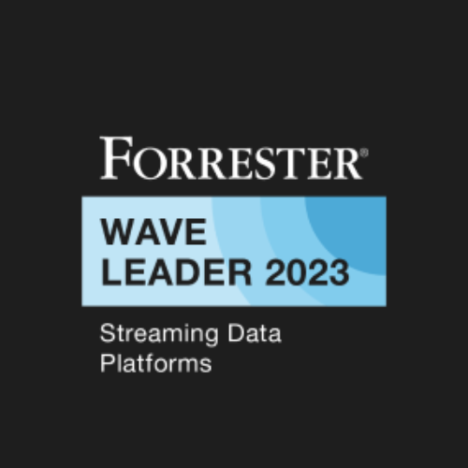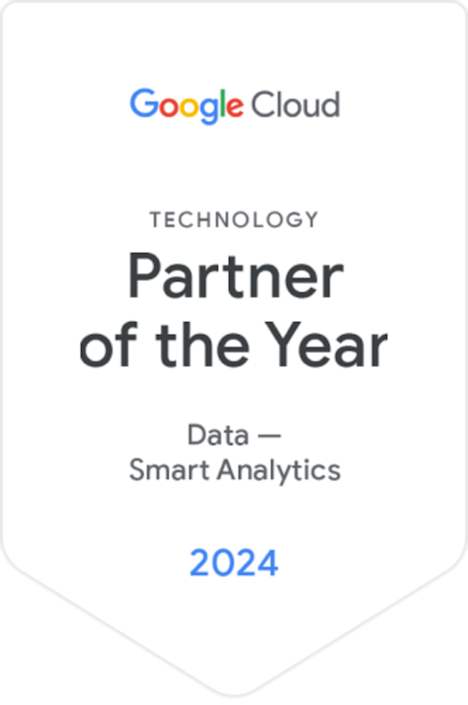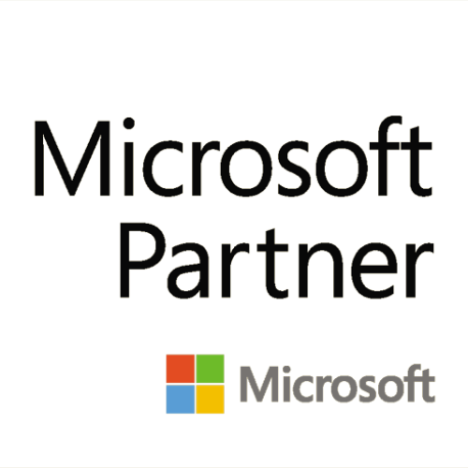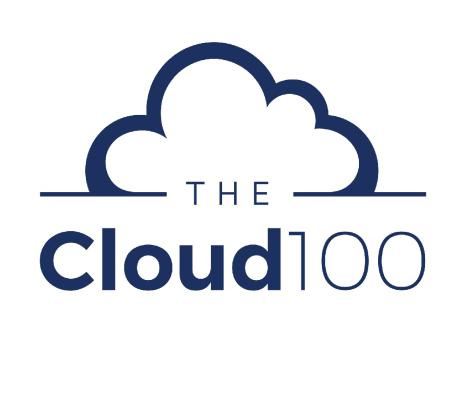[Virtual Event] GenAI Streamposium: Learn to Build & Scale Real-Time GenAI Apps | Register Now
Redpanda vs Kafka vs Confluent
Apache Kafka® is the standard for data streaming, and has one of the largest open source communities in the world. With its popularity, there are a growing number of offerings compatible with Kafka’s API. This page compares Apache Kafka with Redpanda, as well as two different cloud Kafka services—Confluent Cloud and Redpanda Cloud.
Apache Kafka vs. Redpanda
What Is Apache Kafka®?
Apache Kafka® is an open source data streaming technology capable of handling trillions of events per day. It’s based on the abstraction of a distributed commit log, with functionality comprising pub/sub, permanent storage, and the processing of event streams. Created at LinkedIn and open sourced in 2011, Kafka has since been adopted by over 100k organizations worldwide and has a vast developer community and ecosystem.
What Is Redpanda?
Redpanda is a C++ clone of Apache Kafka. It is not open source, but a community edition is source available under the BSL license, with enterprise features available with commercial subscription. Redpanda provides a Kafka-compatible API on top of its own implementation of the distributed commit log. Originally founded in 2019, Redpanda is privately owned by a company of the same name.
Apache Kafka vs. Redpanda at a Glance
Apache Kafka and Redpanda both implement their own versions of a highly-available distributed commit log. While there are commonalities between the two, there remain several key design differences that affect usage, performance, and adoption. What are the key differences between Kafka and Redpanda?
 |
||
|---|---|---|
| License |
Open source Under the Apache License governed by the Apache Software Foundation. |
Source available Under the Business Source License (BSL) with proprietary paid features available under an enterprise license. |
| Contribution model and commercial backing |
Open Actively managed and maintained by 1,000+ full-time contributors at over a dozen companies and commercially backed by a broad coalition of vendors. |
Restricted Solely developed and maintained by Redpanda, with restrictive commercial support from other vendors due to BSL license agreement. |
| Source Language | Java | C++ |
| ZooKeeper Dependency |
No dependency ZooKeeper was removed by KRaft since version 3.3+ |
No dependency ZooKeeper-free and uses the Raft consensus algorithm. |
| Storage Pattern and Performance Impact | Consistent performance across most real-world workloads Kafka has a purpose-built log and replication layer optimized for sequential IO, which allows it to deliver high throughput and low latency across a broad set of hardware and workloads. |
Performance optimized for selective workloads Redpanda can demonstrate low latency and high throughput on simple workloads. However, because it’s optimized for random IO, its performance can significantly degrade over time. Several common production configurations, such as high producer count, over 30% disk utilization, enabling message keys, enabling TLS, or running for more than 24 hours can cause severe reductions in performance. |
| Broker Framework |
Purpose-built immutable log Uses its own purpose-built framework. Data is written in large blocks as high throughput sequential IO, allowing for high performance on drives with even very low IOPS. |
Based on Seastar Uses the Seastar framework, popularized by the Scylla Database, to implement its immutable log. Writes data in small 16kB chunks by default, requiring very high IOPS SSDs. |
| Tiered Storage |
Available Released in Kafka 3.6 as early access through KIP-405 and in Kafka 3.9 as generally available. |
Requires Enterprise License Redpanda’s tiered storage requires the purchase of an enterprise license. |
| Replication Protocol |
Kafka replication (ISR) Replication is synchronous but data is written to disk asynchronously by design. Brokers don’t need to fsync for correctness and have in-built data recovery and repair. |
Raft Both replication and writing to disk are synchronous. |
| Breadth of Adoption |
Vast developer ecosystem and community Apache Kafka is used by 100,000+ organizations, including 80% of F100 companies, including Goldman Sachs, Netflix and Uber. Community stats: 200+ global meetups with 41,000+ attendees, 32,000+ stack overflow questions, and 44k Slack community members in the Confluent Community Slack. |
Limited adoption and community Redpanda is used by thousands of organizations (undisclosed) Community stats: Less than 100 stack overflow questions, and 5k Slack community members. |
Confluent Cloud vs. Redpanda Cloud
What Is Confluent Cloud?
Built by the original co-creators of Kafka in 2018, Confluent Cloud is a cloud-native data streaming platform, powered by the Kora engine. Confluent has re-architected Kafka to create a fully-managed service with 10x elasticity, resiliency and performance. Confluent Cloud offers a complete set of enterprise features to relieve operational burdens and boost developer productivity.
In 2024, Confluent added WarpStream's Bring Your Own Cloud (BYOC)-native data streaming platform to its portfolio. Learn more on the blog.
What Is Redpanda Cloud?
Redpanda launched their fully-managed Kafka service in late 2022. Redpanda Cloud is based on a C++ clone of Kafka and includes all the features from Redpanda’s Enterprise license. The service is offered through three deployment models: single-tenant Dedicated clusters, BYOC clusters, and multi-tenant Serverless clusters (limited availability on AWS only).
Confluent Cloud vs. Redpanda BYOC at a Glance
| Operation and Scalability |
Fully-managed and auto-scaling Automated and fully-managed Kafka clusters with zero sizing, provisioning, scaling, or maintenance burdens. The recently-added WarpStream offers zero-disk BYOC option with auto-scaling and customers only managing compute |
Complicated shared responsibilities and manual scaling No self-serve options. Infrastructure operations and maintenance considerations shared between customer, Redpanda, and cloud provider. No auto-scaling; requires physical cluster migration to scale between throughput tiers. |
|---|---|---|
| Trust and Security |
Enterprise grade security and governance Enterprise grade security (e.g., RBAC, authentication support, client-side field-level encryption) and data quality rules; Built-in compliance with all major industry standards (SOC 1-3, ISO, HIPAA, HITRUST etc.). |
Shared security model - expansive access and IAM roles required Requires excessive cross-account privileges and the ability escalate to root in emergencies; RBAC and authentication support, compliance with SOC 2 and HIPPA in certain clusters |
| Availability |
99.99% SLA for all components 99.99% SLA across 30K+ clusters and 4500+ customers globally, covering all components (incl., infrastructure, Kafka, Apache Flink®, Kafka connectors, Schema Registry, bug fixes, upgrades). |
99.99% SLA for software Customers manage own infrastructure. SLA does not cover Connect, console or processing. |
| Developer Productivity |
Complete set of tools 80+ fully-managed Kafka connectors, native serverless Flink stream processing for both simple and complex data transforms, and low-code visual pipeline builder. |
Limited tools 10+ fully-managed connectors, in-broker processing for basic data transform (in cloud preview), and no pipeline building solution. |
| Pricing |
Scale-to-zero public pricing, volume-based discounts Pay-as-you-go or get negotiated volume-based discounts with all costs on one bill. |
Pricing not published Pricing not publicly available and only include licensing costs; Pay cloud provider on a separate hidden bill for compute, storage, and networking. |
Deep-dive: Confluent Cloud vs. Redpanda Cloud BYOC
Developers, architects and operators need a complete, cloud-native data streaming platform that prioritizes ease of use and alleviates operational burdens. That means delivering a Kafka service with fully-managed infrastructure, built-in enterprise-grade tooling, and flexible deployment options.
| Category |  |
 |
|---|---|---|
| Serverless Offering | ||
| Scalability | ||
| Automatic Cluster Rebalancing | ||
| Infinite Data Retention with Tiered Storage | ||
| Resiliency Guarantees | ||
| Upgrades and Patches |
| Category | Feature |  |
 |
|---|---|---|---|
| Productivity | Infra-as-code Deployment | ||
| Productivity | Stream Processing | ||
| Productivity | Kafka Connectors | ||
| Governance | Schema Registry | ||
| Governance | Stream quality enforcement | ||
| Governance | Metadata Catalog | ||
| Governance | Data Lineage | ||
| Governance | Data product management | ||
| Monitoring and Alerting | Monitoring | ||
| Monitoring and Alerting | Notifications |
| Category |  |
 |
|---|---|---|
| Core Cloud Service Providers | ||
| Cluster Synchronization |
| Category | Feature |  |
 |
|---|---|---|---|
| Security | Authorization | ||
| Security | Authentication | Supports OAuth 2.0, OIDC, API Keys, and plain username/password. Integrates with existing SAML-based single sign-on (SSO) and identity providers (IdP) such as Google, GitHub, Okta, OneLogin, and Azure Active Directory (AD). |
Supports plain username/password, OIDC/SSO and mTLS. |
| Security | Audit Log | ||
| Security | Private Connection | ||
| Security | VPC Peering | ||
| Security | Data Encryption | Encrypt data at rest using your own Kafka cluster management tools. No BYOK option. |
|
| Trust | Compliance | ||
| Trust | Privacy | ||
| Enterprise Support | Expertise | ||
| Enterprise Support | Product Warranty |
Pourquoi la solution Kafka gérée par Confluent est reconnue dans l'ensemble du secteur
conçue par les créateurs d'Apache Kafka
d'heures d'assistance fournies par des experts Kafka
des commits Apache Kafka proviennent de Confluent
des clusters fonctionnent sur Confluent Cloud

Leader dans le rapport Forrester Wave™ : Streaming Data Platforms

Partenaire technologique Google de l'année

Partenaire Commercial Marketplace Microsoft de l'année

Top 10 du classement Forbes Cloud 100

JP Morgan Hall of Innovation
Evaluate Confluent Cloud for Yourself
Start testing and deploying fully-managed Kafka clusters in Confluent Cloud within minutes with a 30-day trial.